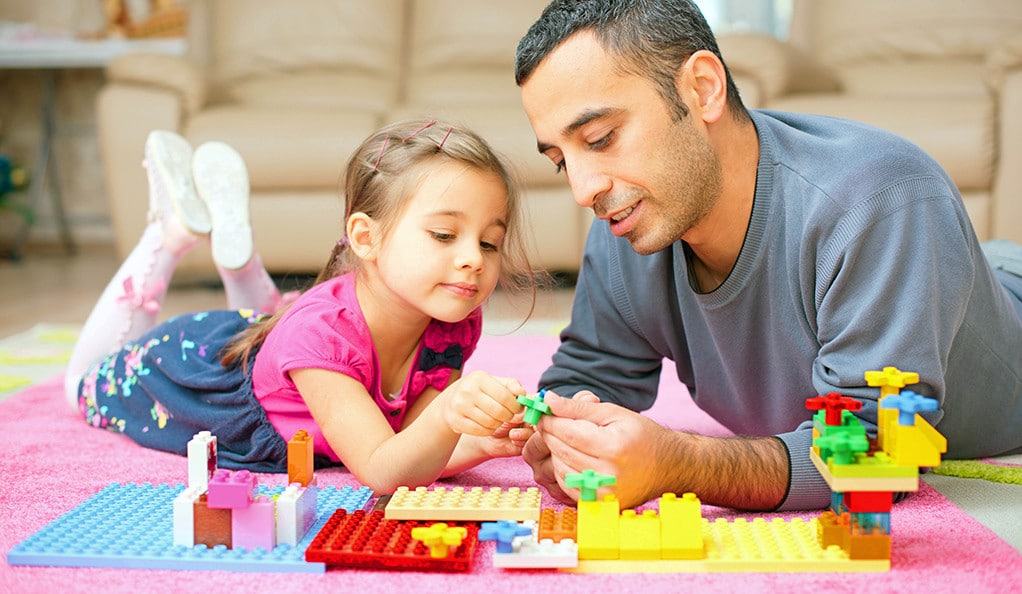
Toxic Stress: What You Need to Know
Things are stressful right now. Whether you’re concerned about your health or the health of loved ones, dealing with loss of income or trying to balance working from home while your kids’ schools are closed, these are unprecedented times.
You may be wondering if your kids are stressed or how this will affect them. To get expert advice on this topic, we reached out to Megan Gunnar, a Regents Professor and Distinguished McKnight University Professor of Child Development at the University of Minnesota. She’s also the chair of the museum’s Research Advisory Council.
We asked her a few questions about stress and children.
What is “toxic stress?”
Stressors are things we experience. Stress is the response of the body and brain to those stressors. Everybody responds to a different extent to the same stressor depending on how we evaluate it, our prior experiences and our genetics.
When we are exposed to stressors that are frequent and overwhelming to us, particularly if we feel we have no control and no one who can support and help us, our stress responses can be so large and chronic that they produce significant wear and tear on our bodies and minds. The stress response itself becomes toxic to us.
Are young children susceptible to effects of stress during a crisis like this? What are signs of stress parents might see in their kids?
The times we are living through can be stressful to children. Young children, however, take their cues from their parents. If parents are calm, then children will be reassured. Signs that the child is stressed, though, are problems sleeping, anxiety about being separated from parents, being clingy, being withdrawn, lack of appetite.
During these school closures, more children are probably going to suffer from boredom because their routines are disrupted and “there is nothing to do” without friends and child care or school. And the very young ones will be confused over why their parents are home but ignoring them because they are working remotely.
Although extremely difficult, if parents can stay calm, be firm but not upset, and find ways to help their children know when the parent can take breaks to be with them (and have those breaks be fairly often if short with young children), then children will be less stressed.
What you want to avoid is a family atmosphere that becomes chronically tense and angry as this may affect the parent-child relationship in negative ways that will last beyond this coronavirus period.
What are some practical ways parents and other caregivers can avoid or lessen effects of stressful times like this?
If there are two adults working from home, scheduling work time so as to minimize when both parents need to be ignoring the children can help.
Setting timers to signal to children when parents can take a break and when they need to go back to work may help children know that their need to leave parents alone won’t go on forever.
For some children, having the parent in the same room even if they must leave them alone can be reassuring. For others, it will make it very hard for them to let their parent work. For these children, if the parent can be in a room with the door closed it might help. Beyond everything, routine helps. So developing a plan, with the children’s input if they are old enough, and posting it may help everyone.
How specifically does play mitigate any negative effect of stress and anxiety?
Play is the best medicine in stressful times like this. Play gives children a sense of control because, by definition, play is what we engage in because we want to, not because we have to.
Fantasy play allows children to create a world where they decide what happens and they can predict what goes on. Control and predictability are two pillars of stress reduction. Play of any kind occupies the mind and can be a worry-free place for children (and adults). Playing with parents is especially helpful to children during stressful times because it brings happy togetherness which is precisely what children need to feel safe and secure.
Make sure to take breaks and be gentle on yourself, too. Modeling that good behavior and taking time to lower your stress levels as much as possible can help protect your kids from the effects of toxic stress.
Megan Gunnar, Ph.D.

Megan is a Regents Professor and Distinguished McKnight University Professor of Child Development at the University of Minnesota. She’s also the chair of the Research Advisory Council for Minnesota Children’s Museum.
**Post borrowed from and linked to Minnesota Childrens Museum

